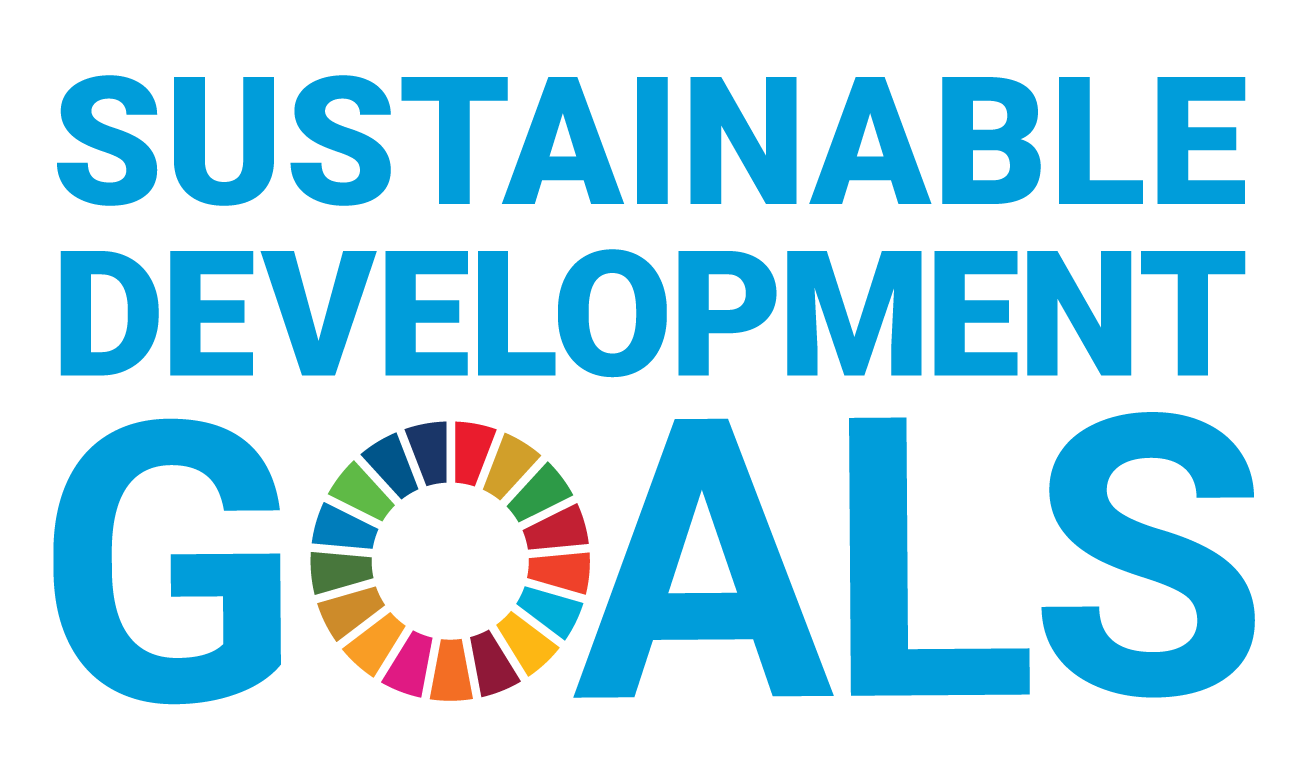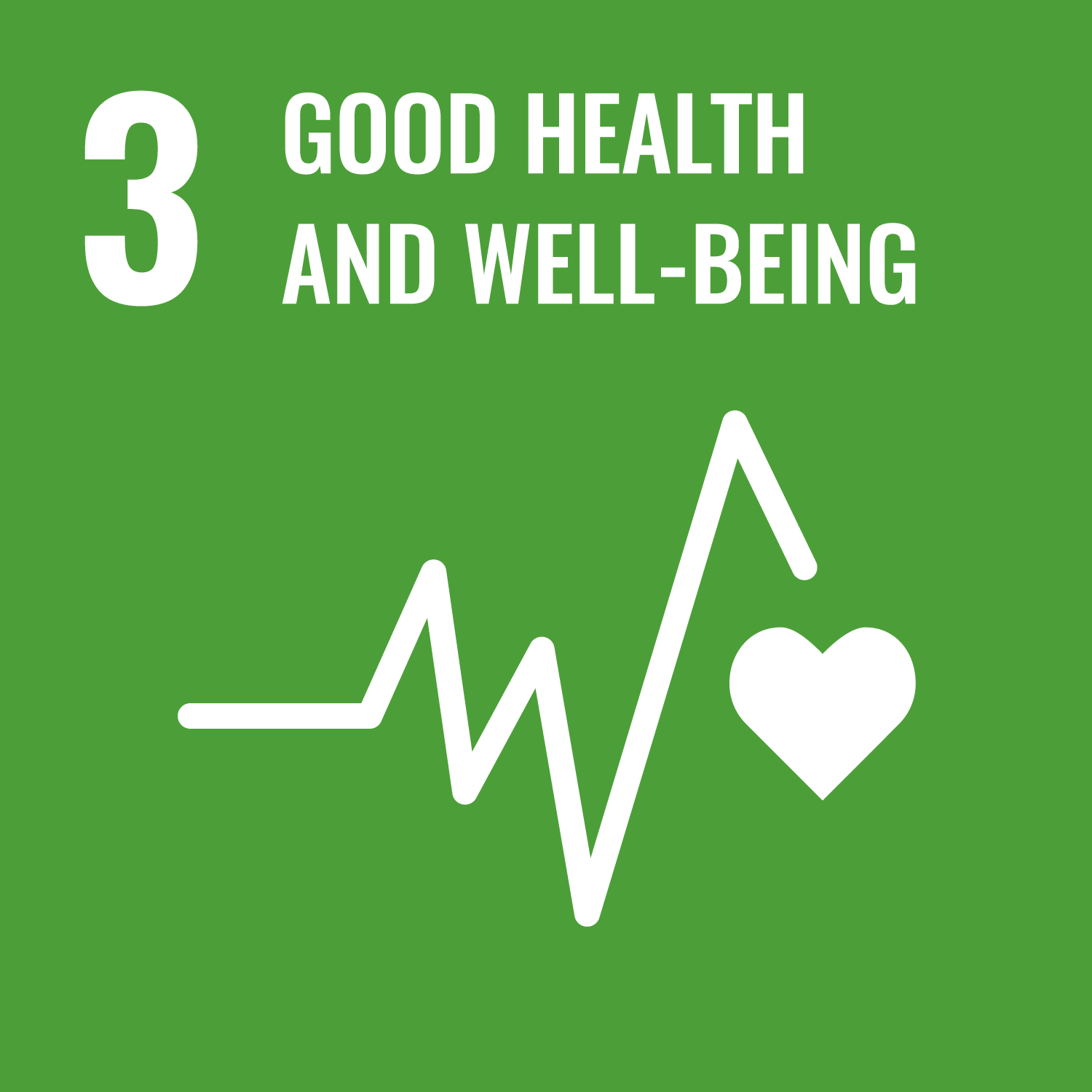You can search for courses, events, people, and anything else.
When Benedict Osei Asibey moved from a village in Ghana to the city, to attend university, he witnessed homelessness for the first time. A decade later, Asibey, now a PhD candidate with Western’s Translational Health Research Institute, is working to improve health outcomes for the people who lived precariously on the streets while he gained a tertiary education.
“Homelessness in Ghana is purely an urban experience,” Asibey says. “I was born and raised in a rural community and when I moved to the city, seeing homeless people was a new experience”.
“My university was right in the centre of the city and there were a lot of homeless people there. I would talk with them and ask them why are you sleeping here?
“They face a lot of stigma because local people see them as criminals, but they’re not, they have a lot of problems to overcome, including difficult backgrounds and trauma.”
Asibey’s most recent research examining healthcare engagement for Ghana’s homeless people took him back to his home country in 2019 to survey almost 400 people about their experience of living without a permanent home.
A key finding from that survey was the reluctance of homeless people to seek help from health services such as outpatients, accident and emergency, and GP clinics because of the stigma and discrimination they faced.
“When I think of what hospital staff did to my friend when he was sick, I don’t even try to go to the hospital. If a street boy like him is insulted that way, then there is no reason for me to go there, because it makes me feel worse,” said one interview participant. “Nurses give priority to people who don’t live on the street. My friend sat there for more than two hours even though we were among the first in the line,” he recalled.
Asibey recommends that community-based homeless programmes be invited into medical clinics to provide a one-stop shop for social assistance and healthcare.
“Hospitals and clinics can be used as an opportunity to engage with homeless people, and help provide needs beyond regular hospital care, such as food, clothing and other social support,” Asibey suggests.
Need to know
- Homelessness in Ghana is more common in cities.
- Many homeless people do not access health services due to stigma, this needs to change.
- Hospitals and clinics are a way to engage with homeless people.
Among his other recommendations are the integration of some traditional medicine — which at 26%, was the most commonly used service by homeless adults among the six services studied — into mainstream health clinics, a focus on sourcing permanent housing, and more access for the homeless to drug and alcohol services.
The implications of Asibey’s work, however, extend beyond re-imagining health systems. He says his research reveals a level of ignorance about the extent of homelessness in the country.
The homeless are not included in census counts, Asibey says, and Ghana Housing Policy’s definition of homelessness only recognises rooflessness, not those living in the urban slums. The best estimate from the Ministry of Gender, Children and Social Protection is that the number of homeless is around 100,000, yet this ignores the vast number of people experiencing residential instability.
“We don’t have any housing policy that clearly defines homelessness in Ghana. Slum dwellers are 40% of the country’s urban population, and those people are [effectively] homeless.”
Asibey is lobbying Ghanaian NGOs and government departments including the Ministry of Works and Housing, Department of Social Welfare, Metropolitan and Municipal Assemblies, to expand the definition of homelessness to include those living in precarious housing. This will help identify individuals and families in need of stable housing, and allow the government to better meet the health needs of this sector. If he can also convince them to adopt his recommendations concerning healthcare, they could play a key role in helping Ghana meet its UN Sustainable Development Goal targets in promoting health equity and reducing premature mortality.
Meet the Academic | Benedict Osei Asibey
Benedict Osei Asibey is a Ghanaian, a Research Assistant and a PhD candidate at Western's Translational Health Research Institute (THRI).
As a PhD candidate, Benedict’s research project uses mixed methods underpinned by Critical Realism to explore the wellbeing and health service utilisation of people who are homeless in urban Ghana. Benedict’s PhD project will help inform inter-sectoral approaches in Ghana to address the health and wellbeing challenges of marginalised populations including their experience of stigmatisation and discrimination.
As a research assistant, Benedict is working on various projects exploring the health and wellbeing of marginalised groups including the people experiencing homelessness, refugees, and people seeking asylum, including:
- ‘No Place to Call Home: How to End Tent Cities in New South Wales’ which aims to evaluate inter-agency approaches to de-establish tent cities in outer Sydney, and provide a roadmap for other communities seeking to de-establish tent cities in a time-limited manner.
- ‘A place to call Home’ which is a pilot survey of people seeking asylum in Greater Sydney’ that seeks to explore homelessness and precarious housing among people seeking asylum in Greater Sydney.
- A research capacity building project to support alcohol and other drug (AOD) clinicians to conduct research to address critical service and treatment issues. Benedict is mentoring clinicians new to research to undertake a systematic review of risk and protective factors associated with people leaving residential detoxification against medical advice. This project will assist clinicians to utilise evidence to re-design service delivery in order to improve outcomes for their clients.
Credit
© Nyani Quarmyne/Panos Pictures © Richmond Osei/unsplash © Bill Wegener/unsplash
Future-Makers is published for Western Sydney University by Nature Research Custom Media, part of Springer Nature.








